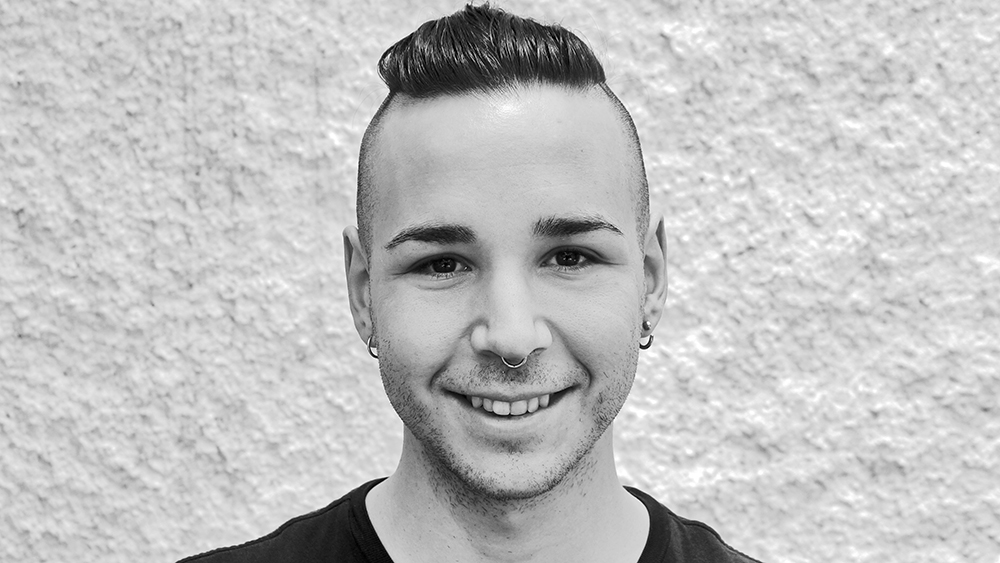By Variety
November 17, 2021
On Oct. 18, 2019, just as tensions amid the Chilean protests throughout Santiago began to boil over, the final performance of Cabaret Travesía Travesti ended and with it a personal era for filmmaker Nicolás Videla; one filled with vibrant expression, tumultuous relationships, and love. “Travesti Odyssey” is Videla’s dig through the time capsule, a documentary reflecting on a chapter drenched in hilarity and sensitivity, and one shown through the scratchy lens of Mini DV and VHS memories.
In addition to chronicling the performances, “Travesti Odyssey” takes the appropriate space to view difficulties behind the scenes, whether born of disagreements or oppression, and speaks truth to identity. The film has been nominated for the Beeld en Geluid IDFA ReFrame Award and will show in the Luminous section of the festival. It is a co-production between Videla’s Cinespecie and La Madre (Nicole Bonilla) in Chile.
Variety spoke to Videla ahead of his documentary’s premiere at IDFA.
Can you speak about the importance of the political backdrop of ‘Travesti Odyssey’?
Travestis life expectations in Latin America don’t go over 35 years old. We are not in history books and our memories don’t usually flow through progeny. We’ve been written just by psychiatrists and misrepresented on screen, from victims to antagonists. Society tries to include us into something some of us don’t want to be part of, and also thinks they have the power to repair all the historical damage our population has inherited since colonization. But trans and queer people need to start speaking by ourselves. It’s important to the world to consider our memory as well as to pay attention to the epistemological chance of a film that is not about ‘’travestis’’ but made by them.
While performing in the cabaret, did you always intend to make a film about Travesía Travesti? How did you go about gathering footage over the years?
Through my years at the cabaret, I was kind of estranged from cinema. Bringing Amnesia to life was too much work and after my previous film I was just performing, producing drag parties and trying to work collectively with my peers. So, I did not intend to make a film, but as a control freak, I was pursuing all the photographers and videographers so they would give me all the footage surrounding the cabaret and my other productions, and keeping it through the years in my hard drives with no intention more than archive me and my friend’s memory. For the cabaret’s last show, on Oct. 18 2019, I took my home camera with me and started recording again post-show.
What parallels do you see between the cabaret, its ending performances, and the Chilean uprising in 2019?
Transness has always been a revolution. Structures are collapsing in Latin America because of inequality and the uprising in Chile may put an end to a constitution written 40 years ago during Pinochet’s dictatorship. So, we’ve seen the difficulties of social organization from a macro to a micro perspective in relation to the cabaret. Things were heating outside and inside our circus tent. We haven’t been educated in other ways of organizations that are not hierarchical, so we’ve been subjected to the difficulties of working collectively, especially between close friends. Neoliberalism stamps everything and we were not the exception. But how should we organize ourselves as queer people to be represented in the civil society demands?
While being often hilarious and comical, “Travesti Odyssey” has moments of sensitivity and candor which give insight to its performers and their interpersonal relationships. How did you approach this balance in the documentary?
Even with the inner drama that is to live as a non-normative person in a society that is exclusionary, violent and oppressive towards difference, comedy may become a strategy for survival and escape towards not being victimized. The local history of Chilean cabaret has been sharp but tender, using language as another tool to be deconstructed. My main focus in this film was Anastasia and Maraca’s relationship and I was very intrigued how my two friends were besties but sometimes became their worst enemies. And this could be hilarious but also really sad. We live in a capitalist society where all Chilean artists are pushed by the state to compete between them for some money, and our drag scene had been influenced by northern winds where competition seems to be the objective and the only stage for queer artists.
